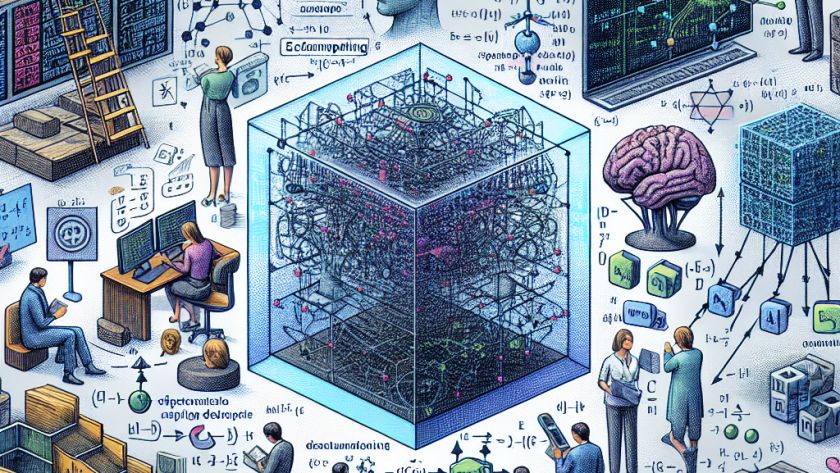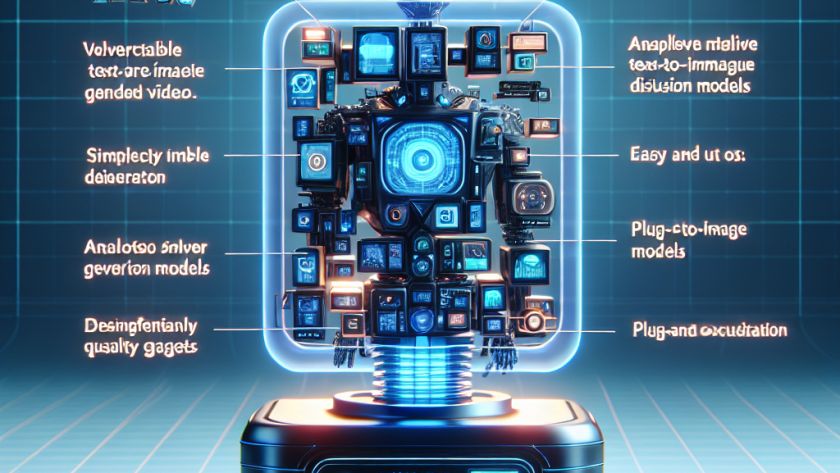At the “Generative AI: Shaping the Future” symposium held on Nov. 28, Rodney Brooks, iRobot co-founder and a keynote speaker, cautioned attendees against overestimating the capabilities of generative AI. Noting that “No one technology has ever surpassed everything else”, Brooks stressed that flippant assumptions about the inferred abilities of generative AI could lead to failure.…












